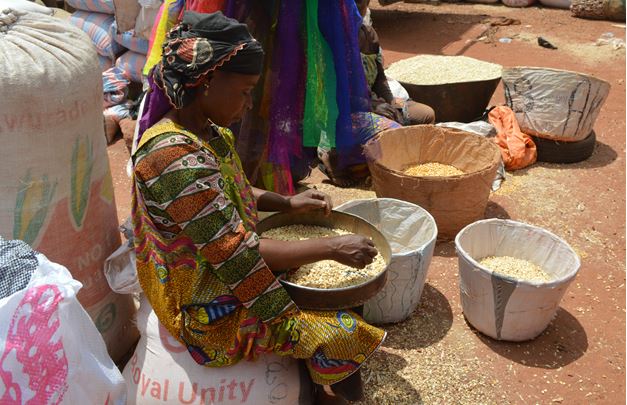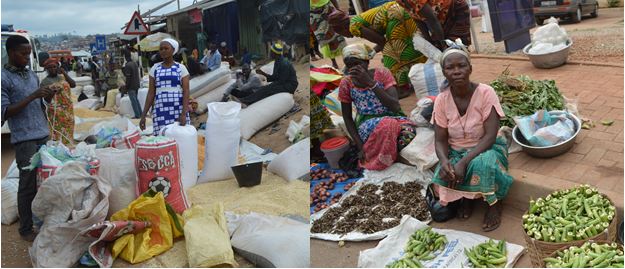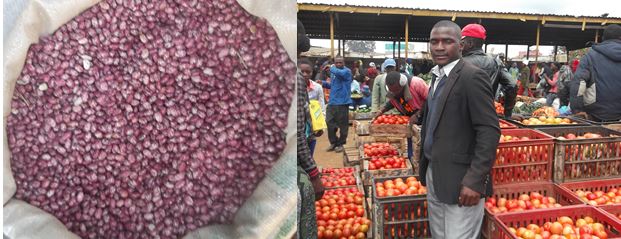How the knowledge economy is inspiring new roles and responsibilities
Developing countries that remain stuck in colonial governance structures and forms of business are sleeping-walking into all kinds of crises. Some of the colonial forms of business still being practiced in most African countries include sole trader (traditional enterprises), companies, cooperatives and partnerships which function through mutual agreement to pool resources and skills together for Read more about How the knowledge economy is inspiring new roles and responsibilities[…]









